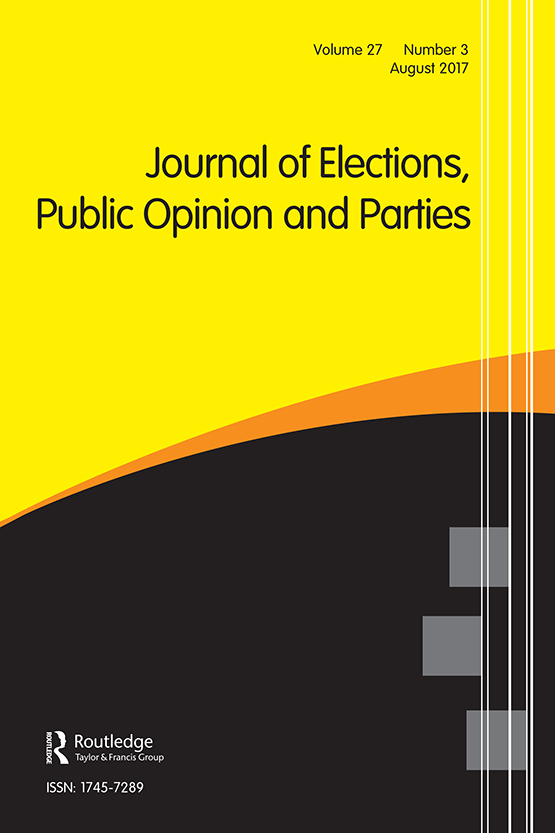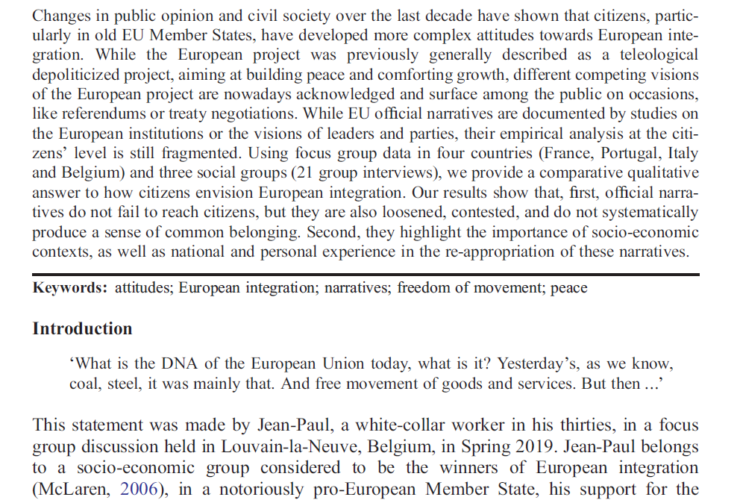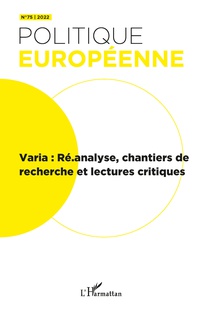How individuals’ social characteristics impact the likelihood to waste a vote
Evidence from Great Britain, Germany and France

DATE
Jan, 2020
AUTHOR
Corinna Kröber, Cal Le Gall and Sarah Dingler
CATEGORY
Publications
How individuals’ social characteristics impact the likelihood to waste a vote – Evidence from Great Britain, Germany and France
Which social characteristics of voters reduce the chances to waste a vote? Surprisingly, little is known about the commonalities and differences of citizens who do (not) make their vote count. In this article, we argue that levels of education and income, gender and age shape the likelihood to waste a vote through two channels: the voting motivation and the ability to correctly asses the viability of candidates. Drawing on data from the Comparative Study of Electoral Systems, we analyse voting behaviour in six elections in Great Britain, Germany and France between 2005 and 2015. Our analyses demonstrate that holding a university degree is not related to effective voting. Differences in cognitive capacities as a consequence of formal education are hence not decisive for voters’ ability to assess candidates’ viability correctly. Instead, our results show that many of those wasting their ballots are male and young voters who tend to knowingly decide to support candidates unlikely to win. Overall, these findings shed light on wasted votes as one of the factors that might balance and reinforce existing social inequalities in the political process.
Reference : Corinna Kröber, Cal Le Gall and Sarah Dingler
Journal of Elections, Public Opinion and Parties: published online first
DOI: 10.1080/17457289.2020.1718155



